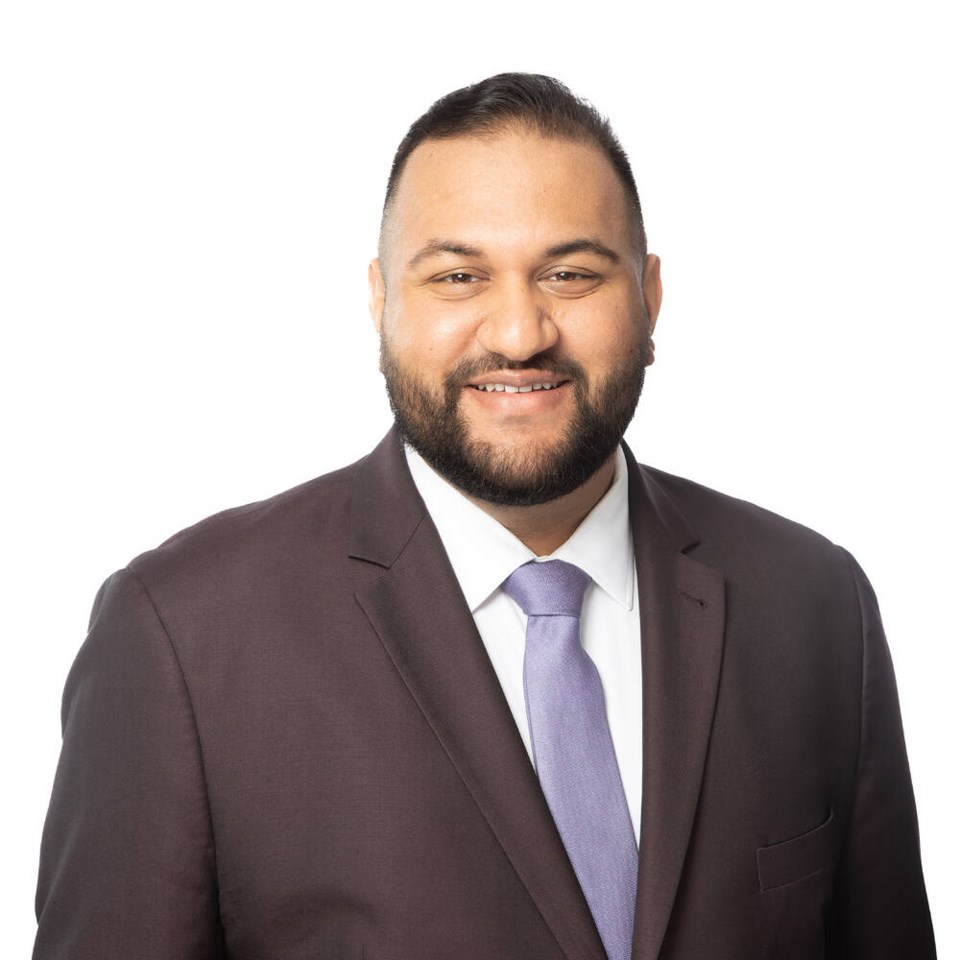Maybe it was the heat. Maybe the date. Maybe the BC NDP are doing a good job.
This past weekend saw two provincial byelections – one in Langford-Juan de Fuca to replace former Premier John Horgan and the other in Vancouver-Mount Pleasant to replace popular MLA Melanie Mark.
As a general rule of thumb, governing parties lose byelections. Not all the time but often enough that no one sitting on the government’s side of the house is enthused by the prospect of a byelection.
There are many reasons given, such as disaffection with the government, a move towards a balanced legislature, or a disillusionment with voting again after only a couple of years. In any case, governments don’t want to call byelections.
But with over a year to go before the next general election and a new premier wanting to test the brand, the two seats being vacated were up for grabs.
So how did it go?
Pretty good if you are an NDP supporter. Ravi Parmar won Langford-Juan de Fuca with 53.35 percent of the vote. This is a decrease relative to the 67.89 percent Horgan had in the last provincial election but Parmar is not a popular premier and leaders of political parties almost always see a boost in the poll results.
The 14.5 percent decline, though, did not go to the BC United party. Instead, Mike Harris of the Conservative Party of B.C. came second polling 19.86 percent followed by Camille Currie of the B.C. Greens at 17.62 percent.
The BC United candidate, Elena Lawson, received only 8.63 percent of the vote, down from 14.96 the BC Liberals took home last election.
Similarly, in Vancouver-Mount Pleasant, Joan Phillips of the NDP received 67.86 percent while BC United candidate Jackie Lee polled 13.77 percent. The Conservative Party of B.C. candidate, Karin Litzcke received 4.88 percent.
Added together, the Conservative Party of B.C. out polled the BC United party, which likely has a lot of party strategists deeply worried. The BC Liberal party was always a coalition of politicians and voters who were right-of-centre. It was a coalition held together more by a common hatred of the NDP than a common ideology.
Changing the name appears to have exposed the cracks in the united right.
Todd Whitcombe is a chemistry professor at UNBC.


